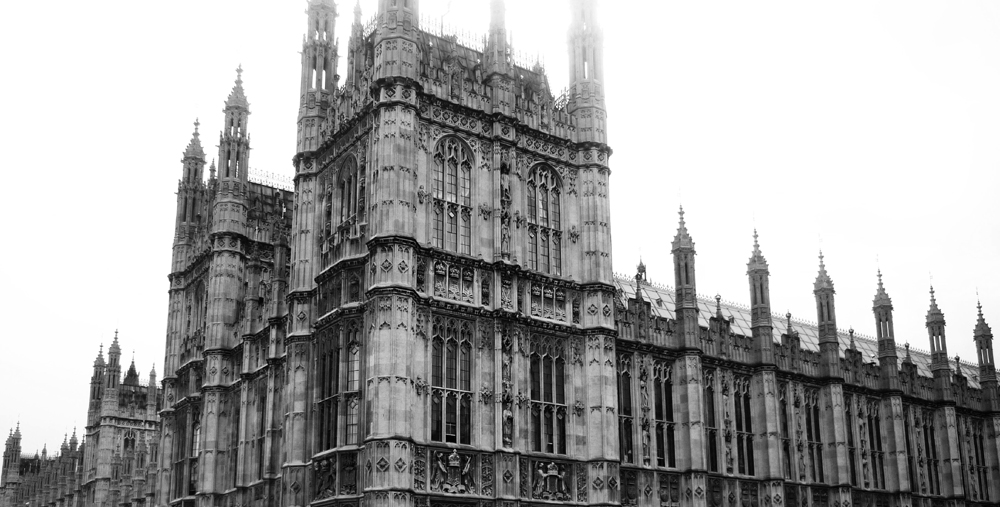Labour’s bigger enemies
There is a cynical old saying in American politics: “the best time to kick a man is when he is down.” But my party should resist the temptation merely to kick David Cameron as its only project. Labour’s much larger...
There is a cynical old saying in American politics: “the best time to kick a man is when he is down.” But my party should resist the temptation merely to kick David Cameron as its only project. Labour’s much larger task– shared with all modern parties – is to rebuild politics itself and tackle democracy’s most deadly virus – lack of trust. Oppositionism is easy, thinking through our alternative is much harder.
We need to do three things urgently and simultaneously. The first is to begin to repoliticise our party with some basic ideas of what British society and its government should look like, and whose interests they should serve. We had to suspend that ambition to win in 1997, but that suspension cannot be permanent, if we are to differentiate ourselves from the two Conservative parties already in the field, and beat them. However, by restoring that ambition we will also restore the word we have been programmed to dread: ideology. The victory of Reagan/Thatcher economics was so complete that it has became unchallenged as the new ‘common sense’ and political parties in the UK prided themselves on discarding ideology. They appealed to voters solely as being marginally more benign or safer hands than their rivals. They triangulated perpetually in pursuit of the inoffensive. Instead of expressing values through a multidimensional leadership, parties chose a lone leader to obsess about media and party management. Pole stars of political identity were eclipsed as every issue was viewed tactically.
The residue of this is still evident. For example, on the touchstone issue of the second chamber, rather than set out our own broad vision of democratic governance we appeared to block reform (and incidentally lose the opportunity to force an illegitimate House of Lords to halt it). To show people what we stand for we must expose our grotesquely over-centralised state and advance remedies to redistribute its power, whether extending the franchise to the second chamber, or freeing local government from Whitehall, or making parliament relevant, or building a new union. If we are to be a party of the centre-left we have to be the party of reform not of the status quo, a party which shows pride and confidence not only in itself but in the role of politics.
The restoration of ideology to our party should not restore the arid factional theorising which bored and repelled voters in the 1980s, nor the use of particular policies as shibboleths of loyalty. But it does mean showing voters that some fundamental purpose will be served by electing another Labour government. It would be unforgivable if we fail to achieve this in the years before the May 2015 general election, and then arrived in power unprepared to act swiftly and decisively: another administration not a government.
Labour needs to show that it has the will and ideas to handle a range of gigantic problems which have so far proved beyond the reach of Western governments, both individually and collectively. We need voters to see the present-day Labour party in the same terms as they did in 1945 and (as is often forgotten) in 1964: a means of creating a different sort of country which would be better to live in.
For 2015 we need a convincing mandate on making globalism work for ordinary people, on effective regulation of banks and financial markets, on where the jobs will come from, on the future (or aftermath) of the eurozone, on winning consent for fair taxes ,on the planet’s environment, on intervening early to give every child the chance to achieve, on moving away from reactive spending towards increasing investment to save, on providing sustainable income and care for an ageing population. We also need to build a track record in opposition. For example, the media bosses who inhibited and neutralised politics and raised up the trivial and the short-term now stand discredited, and we have a priceless moment to capture people’s imagination with a vision for the diversity and fair regulation of a free press.
Labour’s third task – again shared with all modern parties – is to restore political primacy over government. Our politics are diminished by a weak parliament, dependent local government and ministers who speak for Whitehall but almost never drive it. Too much policy creation has been abandoned to the civil service – a task for which it is totally unsuited, being risk-averse, bureaucratic and of course, unelected. Talk privately to current and former ministers of any party and they regale you with stories about how difficult it is to get things done. The civil service will always be a barrier to political enterprise but it is politicians’ fault if they do not run the country as they are elected to do. Politics should lead, the paid officials should manage.
Rebuilding our democratic system, our parties, our parliament , our government and our constitution is a surer way forward than hoping for a ‘superleader’ to fly to our rescue only to be followed by the inevitable disappointment. These issues are urgent, they need to be addressed as part of the working through of the ideology that will provide Labour’s answers.
We need to use every day of the last half of the fixed term not just to oppose the current failing government but to tackle why governance itself is not fit for purpose. Labour could well win the next election by default. But if we do not meet these three strategic challenges now, we will once again find ourselves in office but not in power.
